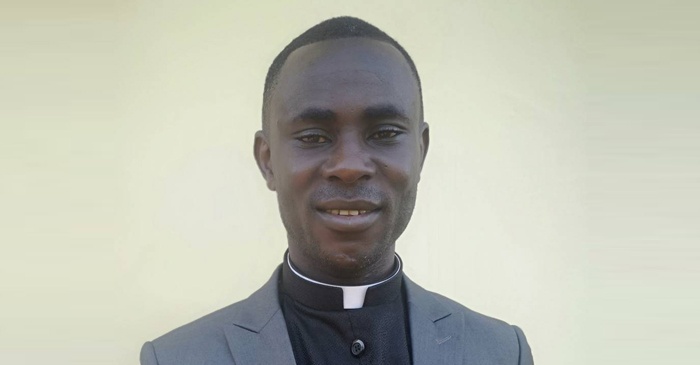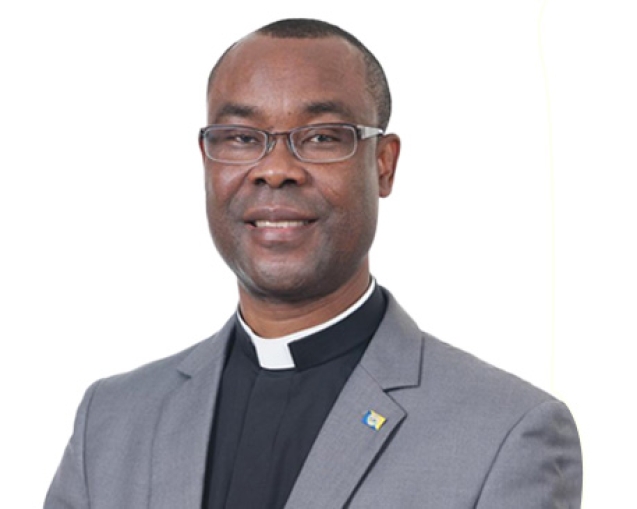According to the Oxford Dictionary, language is the primary method of human communication, involving structured and conventional words conveyed through speech, writing, or gesture. With around 7,000 languages worldwide, Africa is estimated to have 1,500-2,000. Among the most widely spoken languages are English, Chinese, French, and Spanish, to name a few. The Bible was written in three languages: Aramaic, Hebrew, and Greek. In Ghana, English and Akan are the two most common languages.
In the account of Genesis 11:1, 5, the entire world spoke a single language until God intervened and confused their speech, as mentioned in Genesis 11:7b. This confusion resulted from their disobedience and excessive desire for fame. However, all glory belongs to the Lord. Instead of dispersing as instructed in Genesis 1:28, they gathered to build a tower for their prize. God responded with immediate judgment, confusing their language and causing them to scatter. This incident resulted in the diversification and evolution of languages.
Nevertheless, just as a good parent seeks to restore their wayward child, God had the plan to restore humanity to Himself through His only begotten Son, Jesus Christ (John 3:16). As part of God’s restoration agenda, a new language was given to the community of believers known as “The Kingdom of God” (John 3:5). This language served to identify and endorse their unique identity and, more importantly, as a means of communication by the Spirit. It is worth noting that language serves as an identity for groups with common ancestry. In advance, the Lord announced through the prophet Zephaniah that a day would come when He would purify the speech of humanity to enable them to speak together (Zephaniah 3:9). This prophecy was fulfilled on the day of Pentecost following Christ’s ascension, as described by the prophet Joel in Joel 2:28. Theological debates have arisen. Still, one undeniable fact remains: a NEW LANGUAGE was spoken on the day of Pentecost. This language, known as the language of the Spirit or “tongues speaking” in the New Testament, was added to the existing languages.
The manifestation of the Spirit language accompanied the arrival of the Holy Spirit. To dispel any doubts or discontinuity regarding this gift, the author of the book of Acts extensively described how early Christians received and spoke in the language of the Spirit (Acts 2:1-4, 37-39, 10:45-46, 19:6). This paradigm shift carries various theological implications. Firstly, it fulfils God’s promise to restore humanity to Himself. God gave this language as a means of communication within His Kingdom. As a gift to those who believe in Jesus (Acts 2:38). Therefore, every born-again Christian has the potential to speak this new language, provided they believe in it.
The language of the Spirit serves as a sign to both unbelievers and believers, indicating the presence of the Holy Spirit in a believer’s life. It is called baptism in the Holy Spirit, and Jesus Himself is the agent of this baptism (Matthew 3:12). Speaking in the language of the Spirit is evidence of the fulfilment of God’s promise in a believer’s life (Mark 16:17).
Praying in the language of the Spirit grants the believer the ability to speak mysteries (1 Corinthians 14:2). The human mind and spirit have limited understanding, unable to know the future. The natural mind tends to be self-centred and makes mistakes when asking God to supply their needs. However, the pure spirit and mind pray according to the will of God (Romans 8:26). For instance, intercessory prayer is a priority for the sanctified reason (1 Timothy 2:1-4). As you pray in the Spirit, the Spirit of God searches and knows every aspect of your life, appropriating your words spoken through His language. Moreover, speaking in tongues allows the believer to encrypt their requests from the devil and human understanding.
The language of the Spirit serves as the foundation for the operation of the gifts of the Spirit. Only when the baptism of the Holy Spirit was received on the day of Pentecost (Acts 2:1-4) did advantage-sifts of the Spirit manifest widely among believers. Speaking in tongues complements vocal gifts such as prophecy, speaking in diverse tongues, and interpreting tongues. Essentially, the language of the Spirit provides a gateway for other spiritual gifts to operate because as you pray in tongues, your requests are synchronised with God’s will. Therefore, God intends and desires every believer to work in the gifts of the Holy Spirit (Joel 2:28, Luke 24:49).
The language of the Spirit enables fervent and earnest prayer. After receiving the baptism of the Holy Spirit, with the initial evidence of speaking in tongues, prayer became a way of life for the apostles and disciples in the early church (Acts 2:42, 6:6). No one can pray more than they are anointed to pray. Our ability to pray fervently relies on the assistance of the Holy Spirit (Romans 8:26). Furthermore, speaking in tongues allows you to pray and praise with your human spirit (1 Corinthians 14:14, 15). The human mind cannot comprehend the power of speaking the language of the Spirit. It is important to note that, like any language, consistently praying in tongues helps fully explore its potential.
In conclusion, God expects believers in the New Covenant through Christ to operate in the supernatural. The accounts in Acts 2, particularly the day of Pentecost, describe the magical atmosphere that should be associated with the church. The activities transcend the natural mind. Approaching the Bible with common sense alone would be a grave error. The baptism in the Holy Spirit, accompanied by signs and wonders, including speaking in tongues, is a God-ordained path divinely orchestrated for the church to manifest until the second coming of Christ. Believe in God’s promises and act in faith to receive the baptism in the Holy Spirit and begin speaking in tongues, unleashing your full potential as a child of God. On the day of Pentecost, during the church’s inauguration, God, through Christ, gave the church a new language: the language of the Spirit, empowering believers to do great things.
Written by Pastor George Osei Bonsu (Assin Akrofuom District)


















